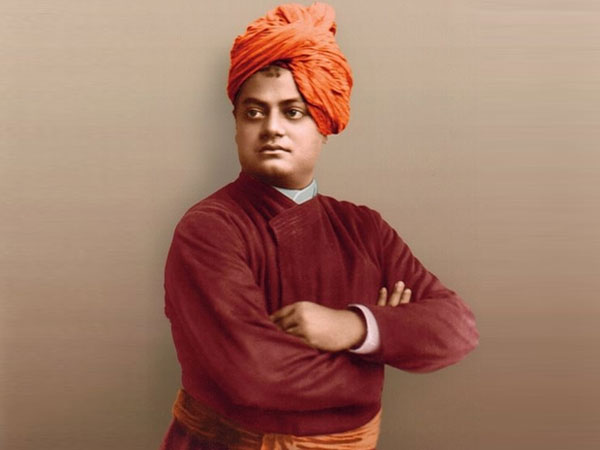One of the most significant spiritual figures of the 19th century was Narendranath Datta, aka Swami Vivekananda. Vivekanand, born in Calcutta in 1863, was a brilliant and inquisitive youngster who later became a great philosopher and spiritual guide.

Millions of people worldwide have been inspired by his teachings, and many individuals today are still motivated and guided by them. Vivekananda was a key figure in introducing Hinduism to the Western world.
Early Life & Education
Born to a prosperous Bengali family, Vivekananda was interested in spirituality. His teacher, Ramakrishna, who taught him about the harmony of all religions, profoundly impacted him. Vivekananda travelled all around India after completing his education in search of knowledge and spiritual enlightenment.
Impact on Hinduism
The teachings of Vivekananda had a significant impact on the expansion of Hinduism in the West. He highlighted the value of self-realization and the possibility of a person being spiritually enlightened. Many Westerners connected with Vivekananda's emphasis on practical spirituality above ritual and tradition, which made Hinduism more approachable to a larger audience.
Founding of the Ramakrishna Mission
The Ramakrishna Mission, a humanitarian organization devoted to helping the underprivileged and disseminating Hinduism's principles, was established by Vivekananda in 1897. The mission, one of India's biggest and most powerful Catholic institutions, runs schools, hospitals, and disaster relief operations.
Vivekananda's Legacy
The teachings and writings of Vivekananda are still read and studied widely. He is a significant person in both Indian and global history due to his emphasis on religious tolerance and the capacity of the individual to attain greatness. Many people still find inspiration in him, and India honours him as a national hero.
Philosophy & Teachings Of Swami Vivekananda
The principles of Advaita Vedanta, a non-dualistic school that emphasizes the unity of all things, served as the foundation for Vivekanand's philosophy. According to Vivekanand, the purpose of human life is to achieve this union and merge with the divine.
One of Vivekanand's main lessons was the value of individual work and personal accountability. He firmly believed that each person has the ability to influence their own life and forge their future. He urged individuals to take charge of their life and use their unique skills and talents to improve the world.
Vivekanand also underlined the value of doing good deeds for others. According to him, genuine spirituality is about helping others and improving the world and focusing on one's personal development. To develop spiritually and establish a connection with the divine, he encouraged individuals to serve others selflessly and without expecting anything in return.
In addition to these principles, Vivekanand emphasized the value of harmony and tolerance. He held that all religions offer different routes to the same ultimate reality and that it is crucial for individuals to appreciate and comprehend the beliefs of others. Instead of allowing differences to divide people, he urged them to embrace variety and work together for the greater good.
People worldwide are still inspired by and guided by Swami Vivekanand's teachings. His emphasis on individual initiative, personal accountability, community service, tolerance and peace still rings true today. People of many backgrounds and beliefs continue to be moved by his message of harmony and spiritual development.



 Click it and Unblock the Notifications
Click it and Unblock the Notifications




























